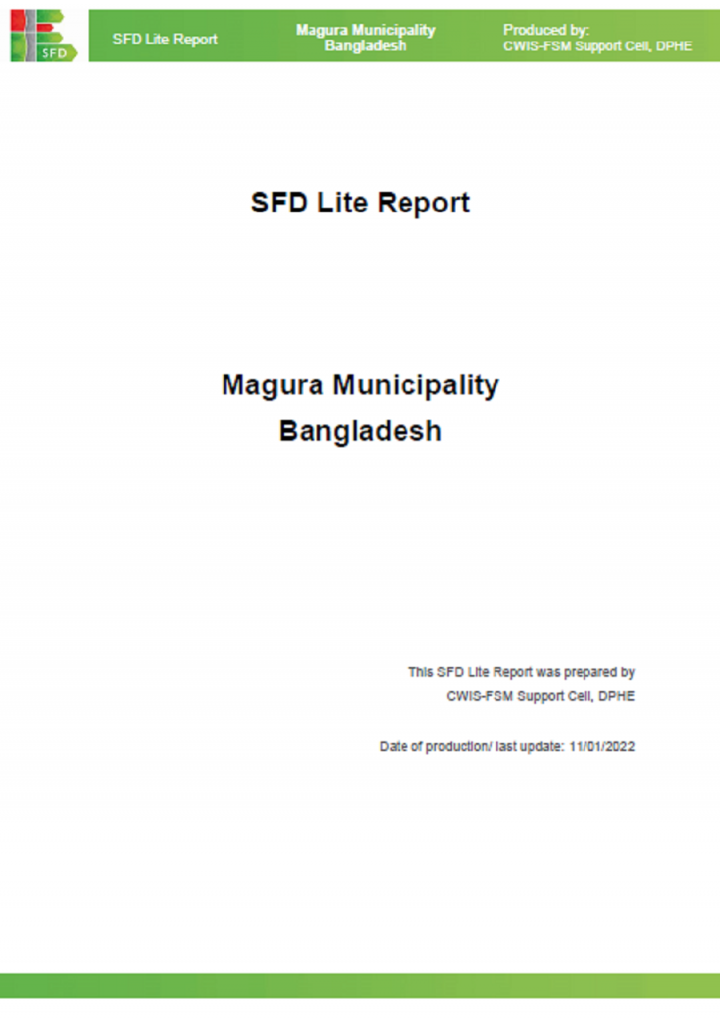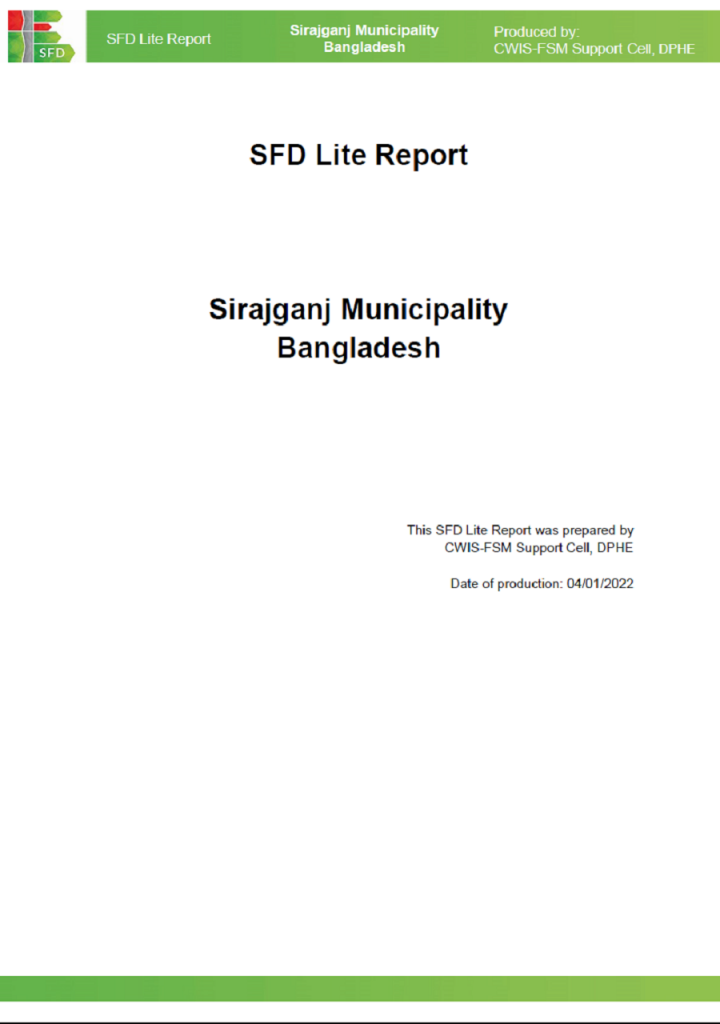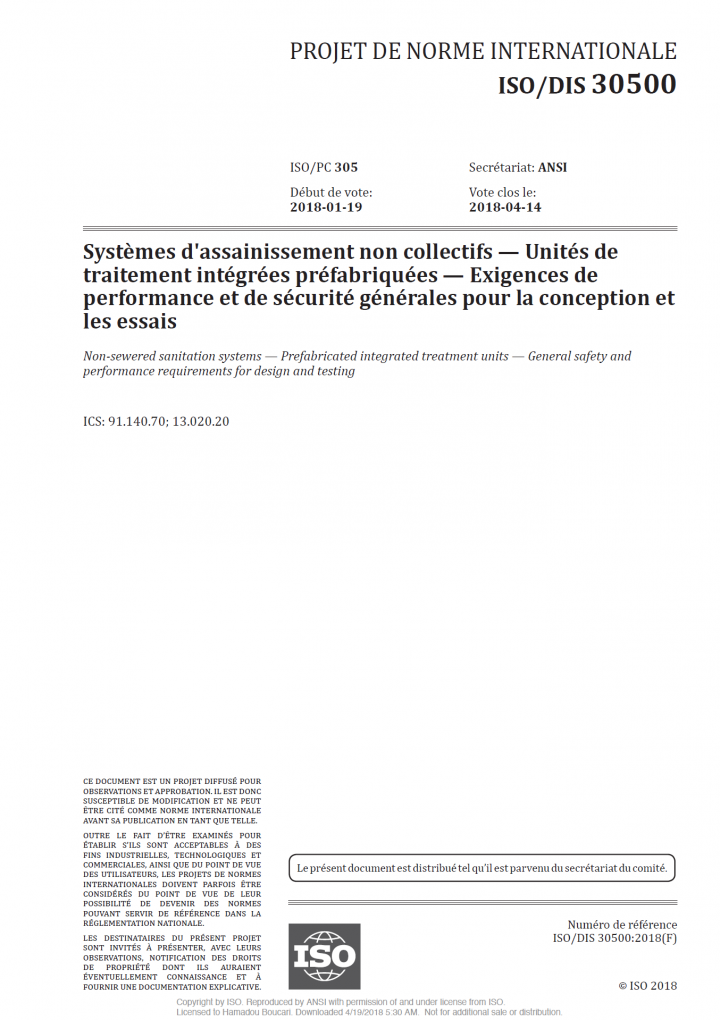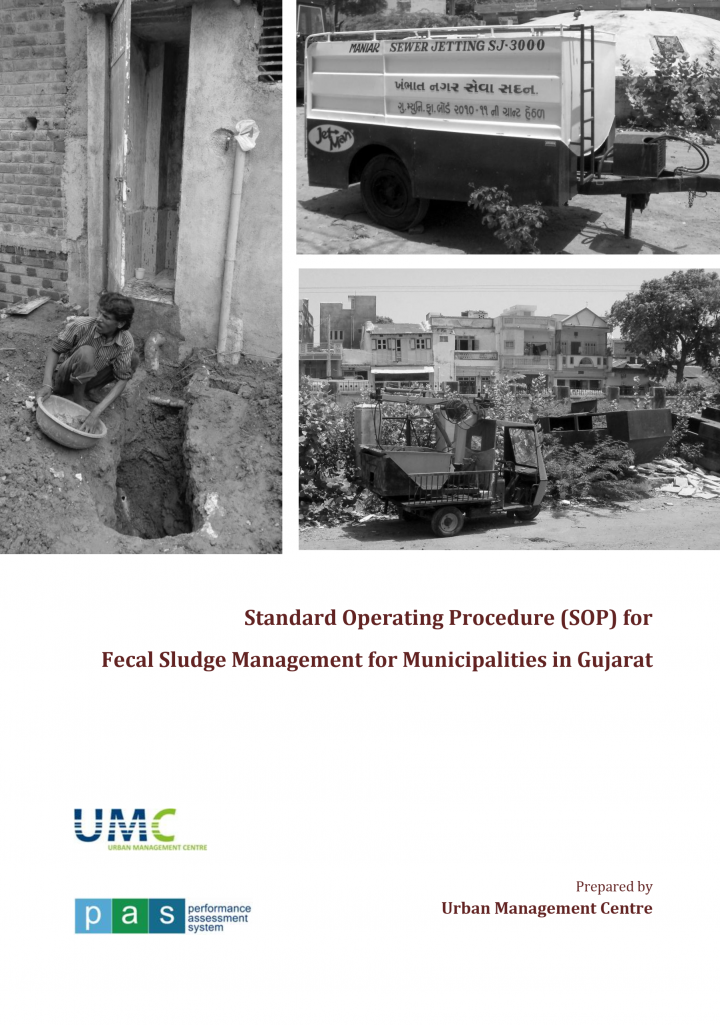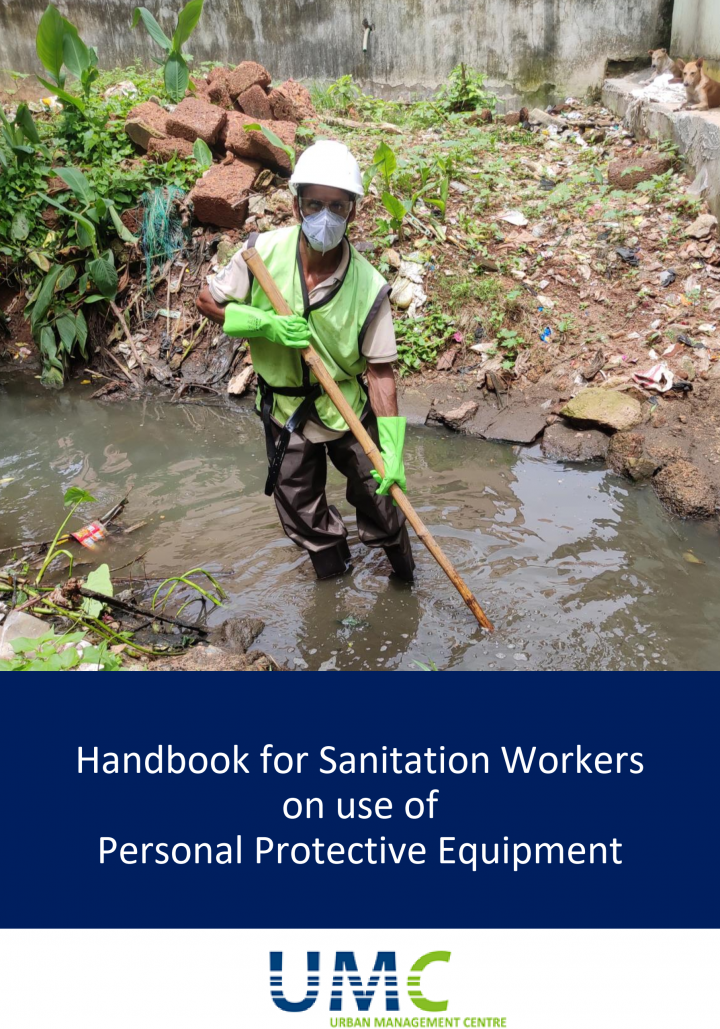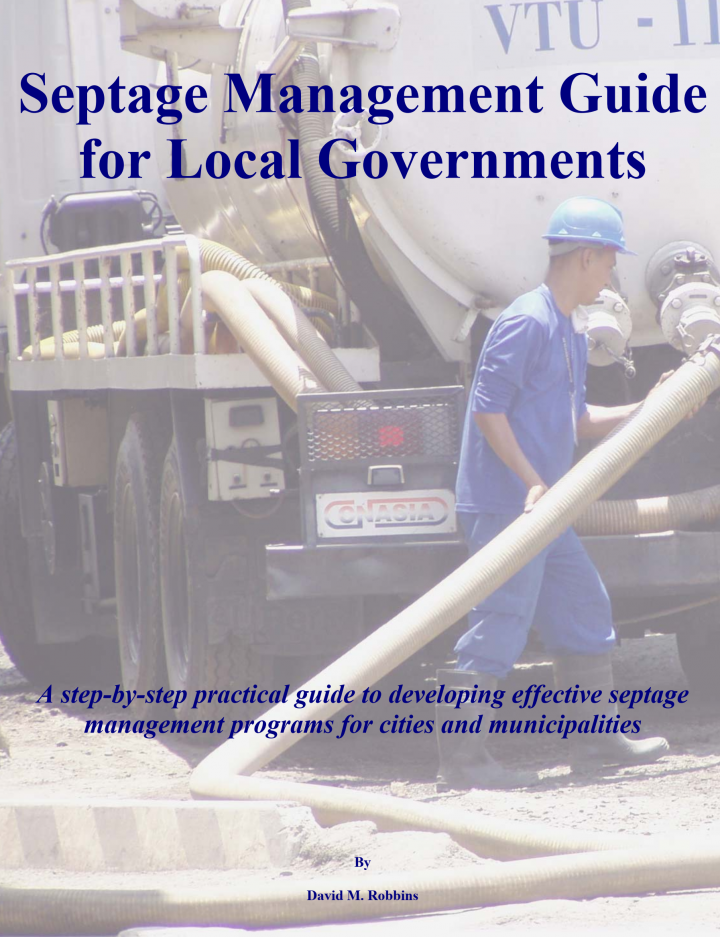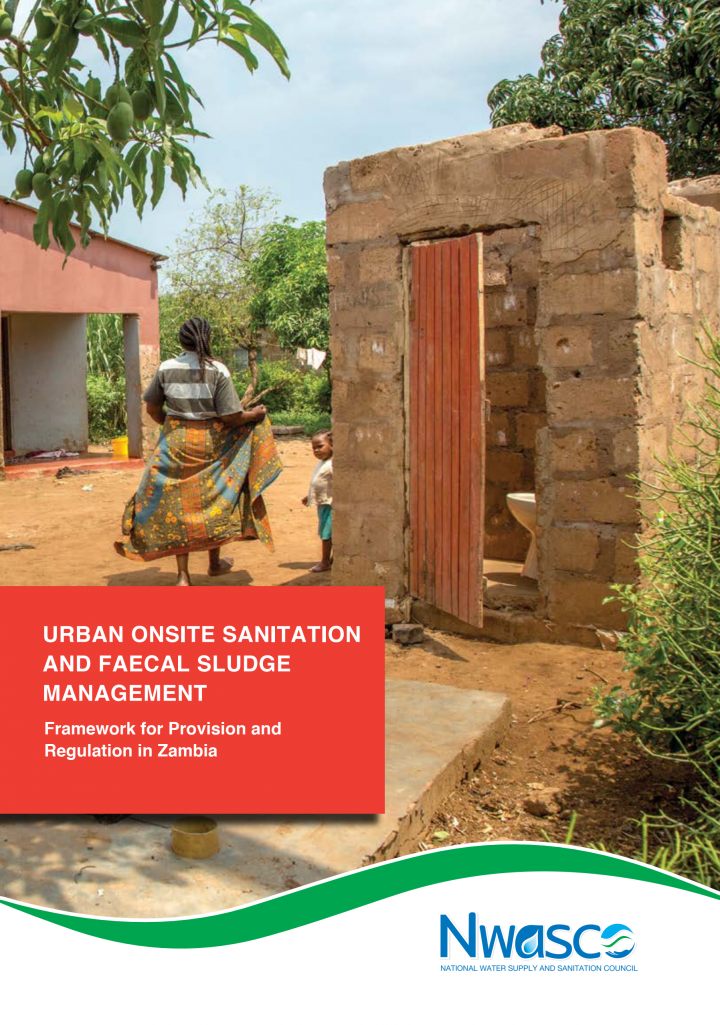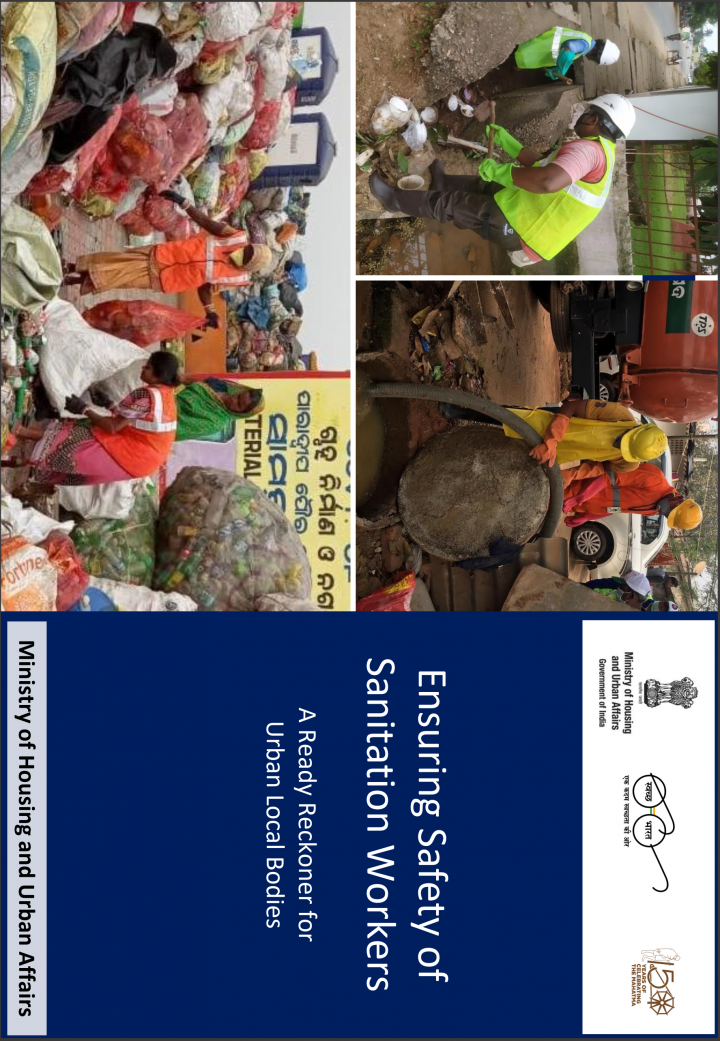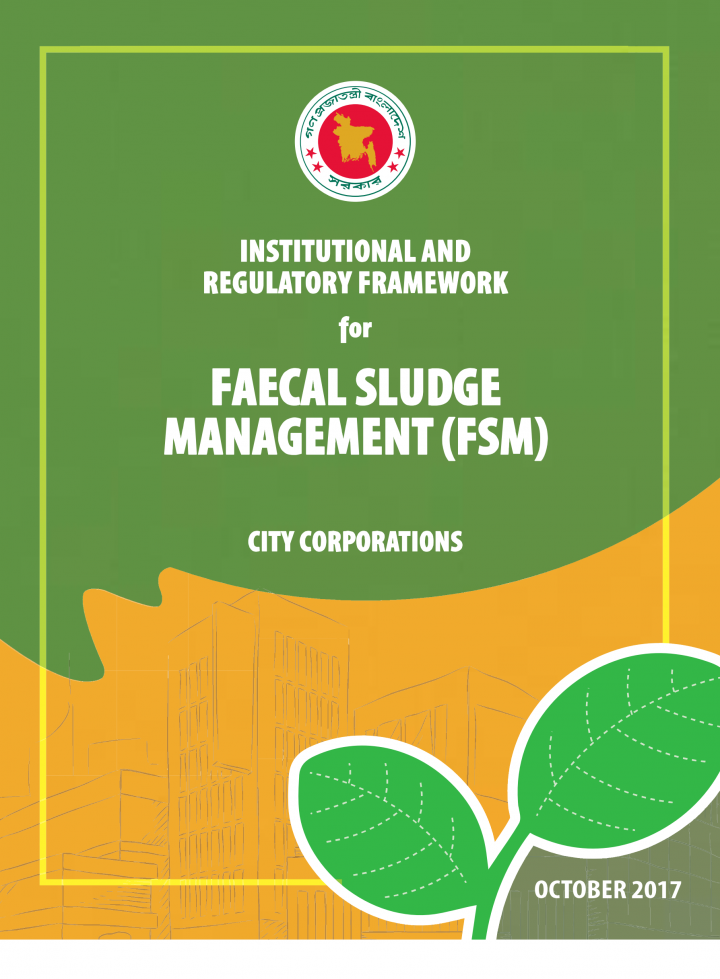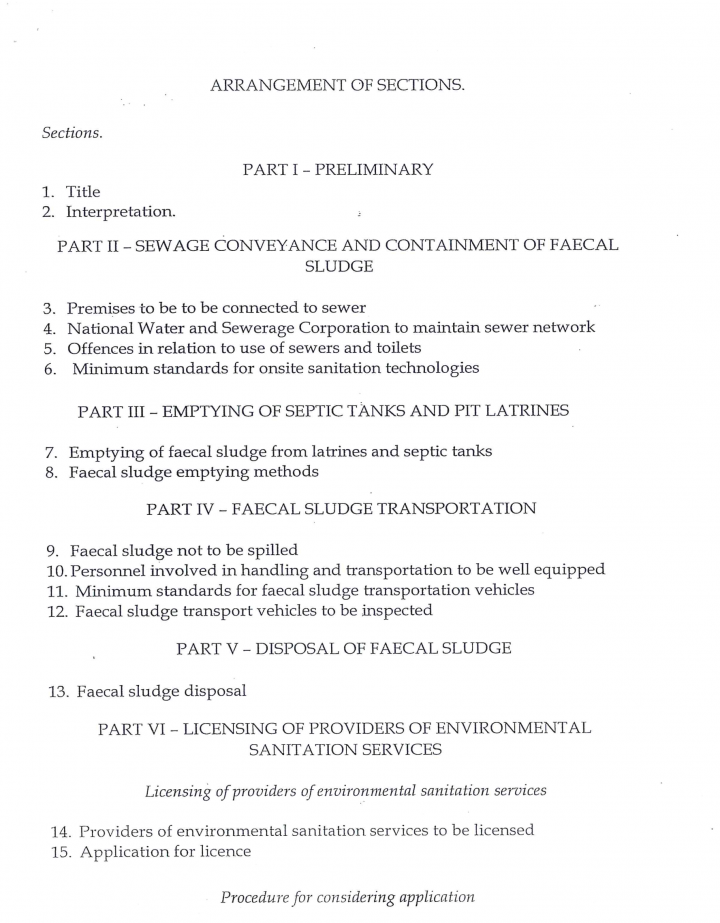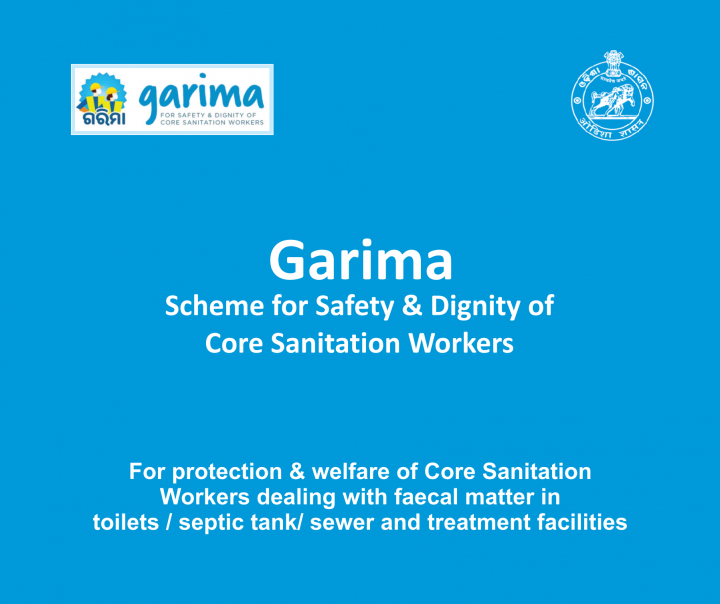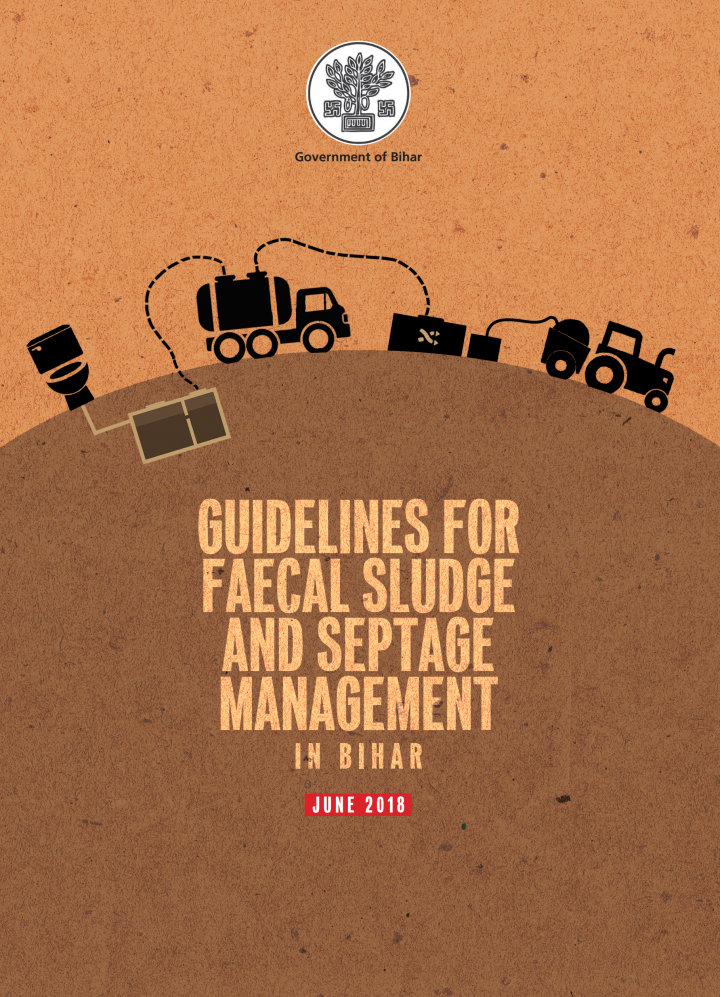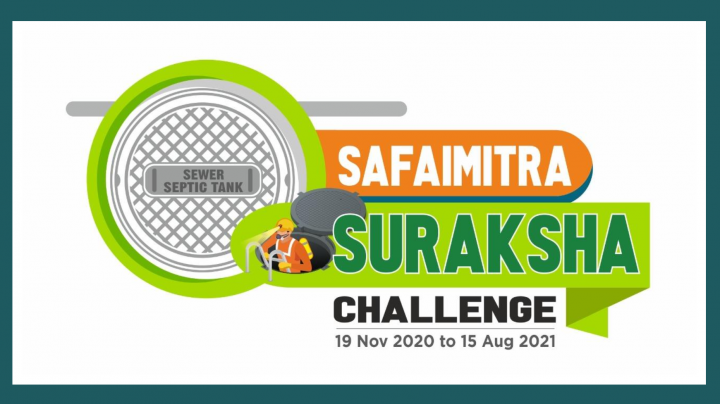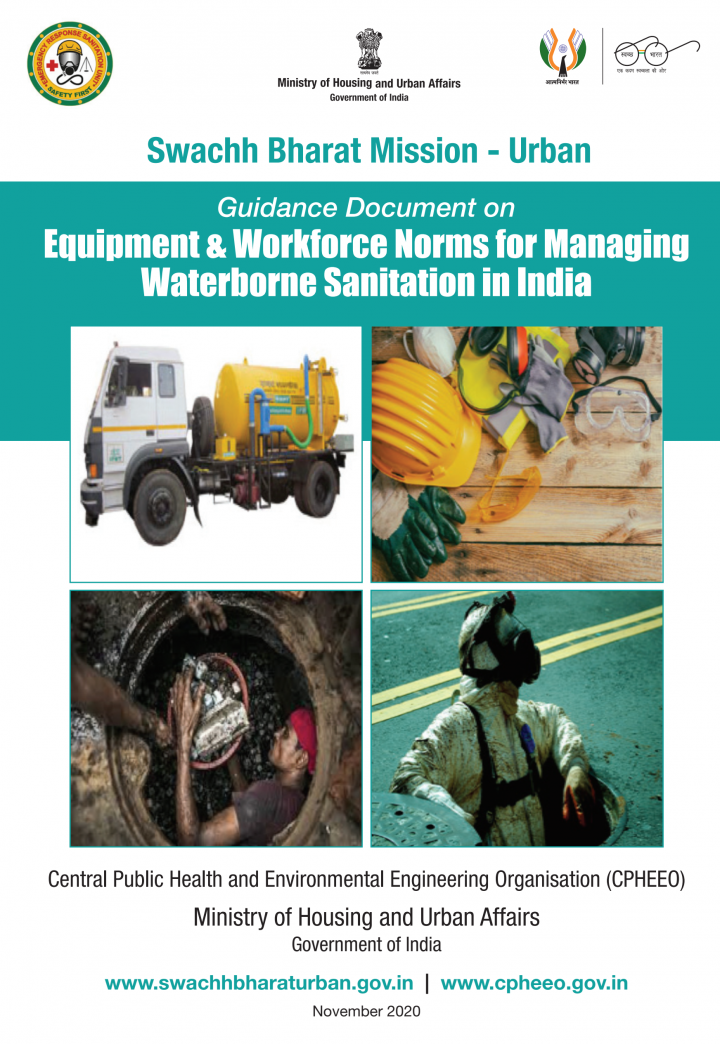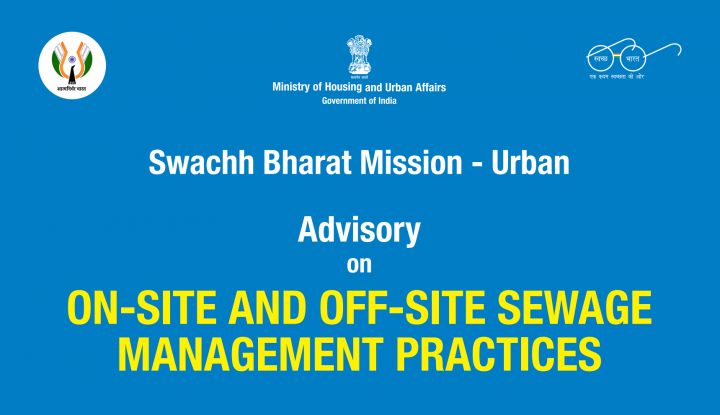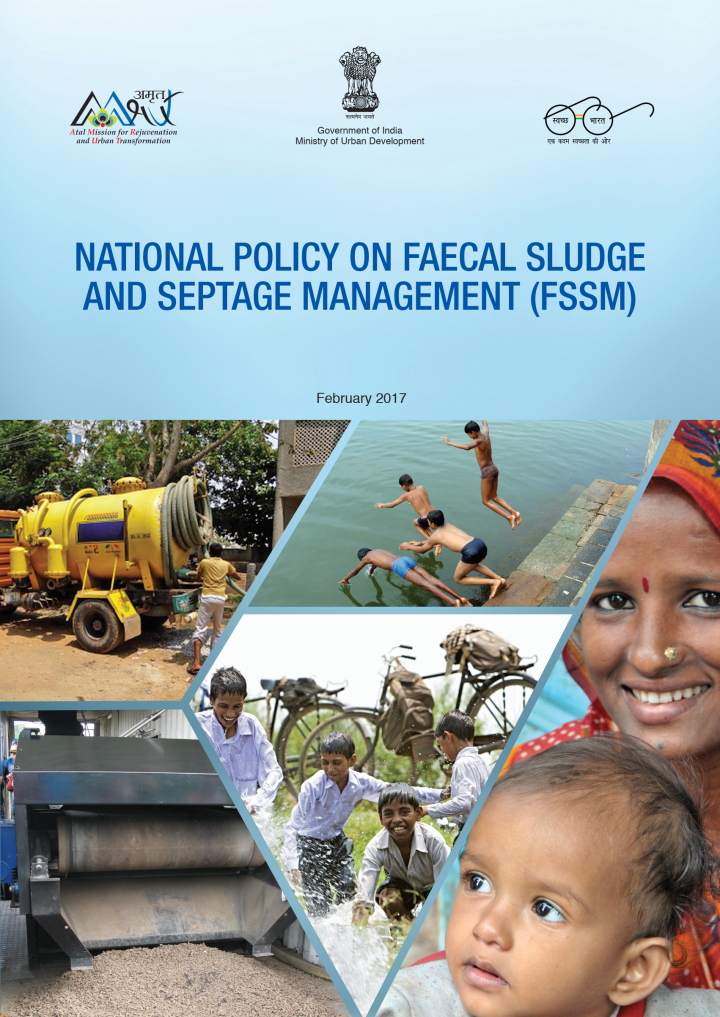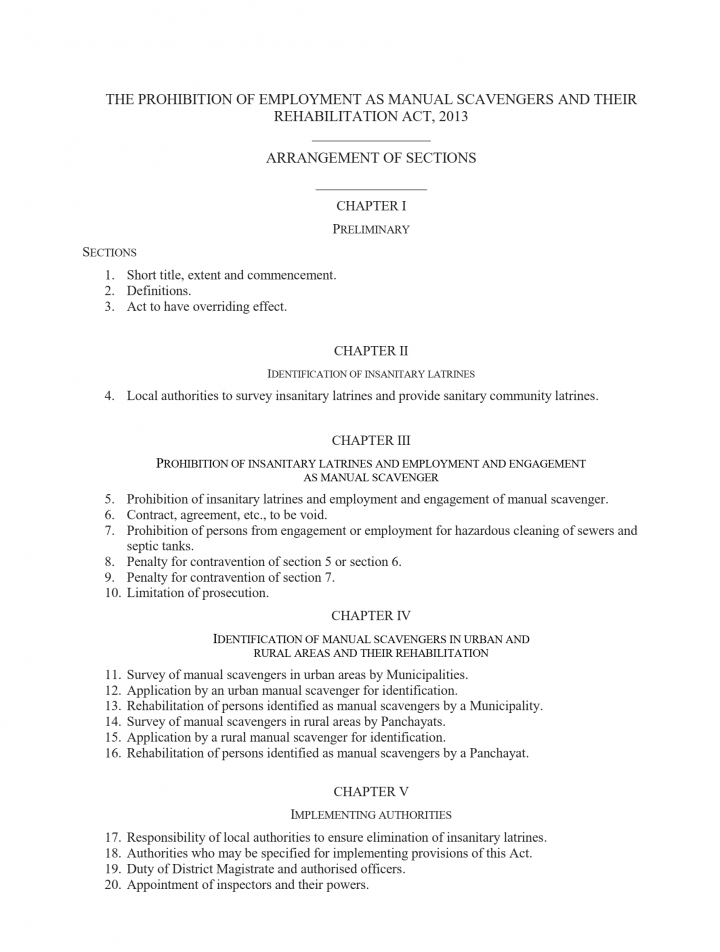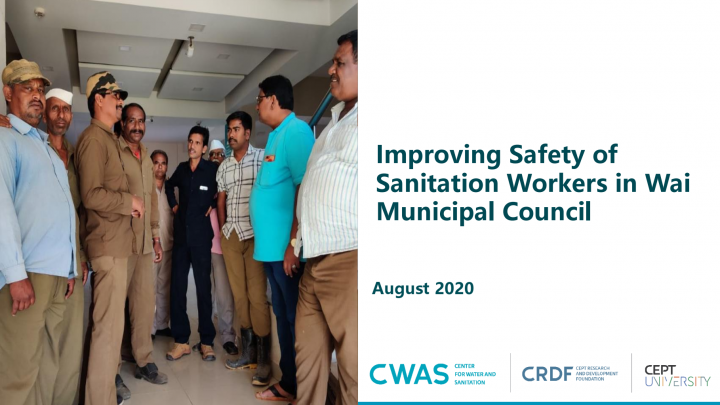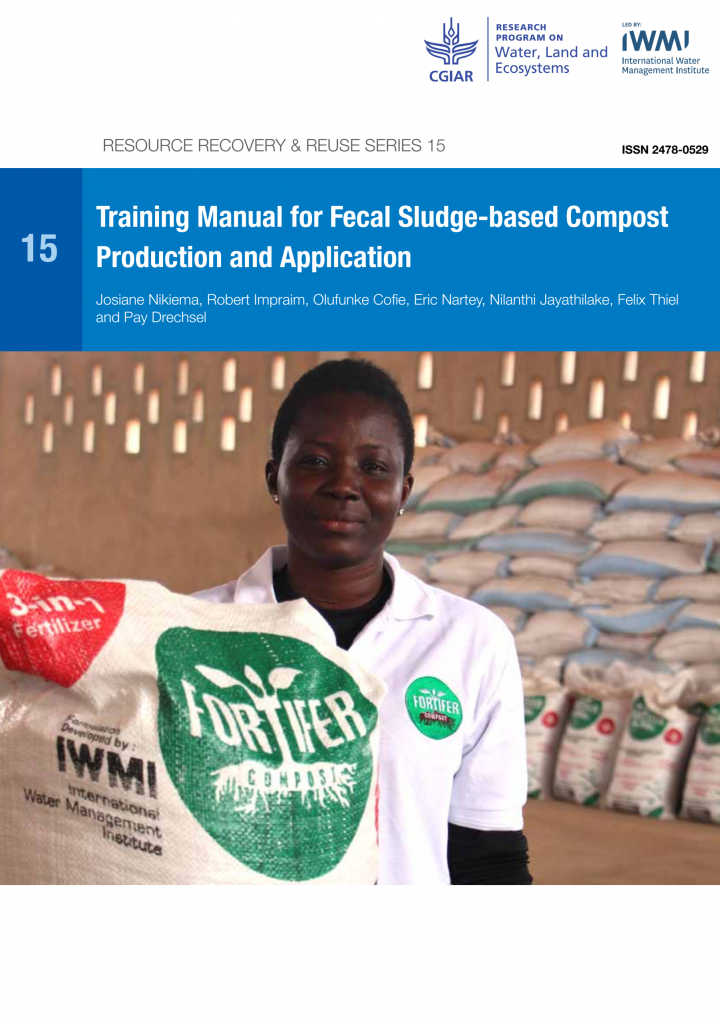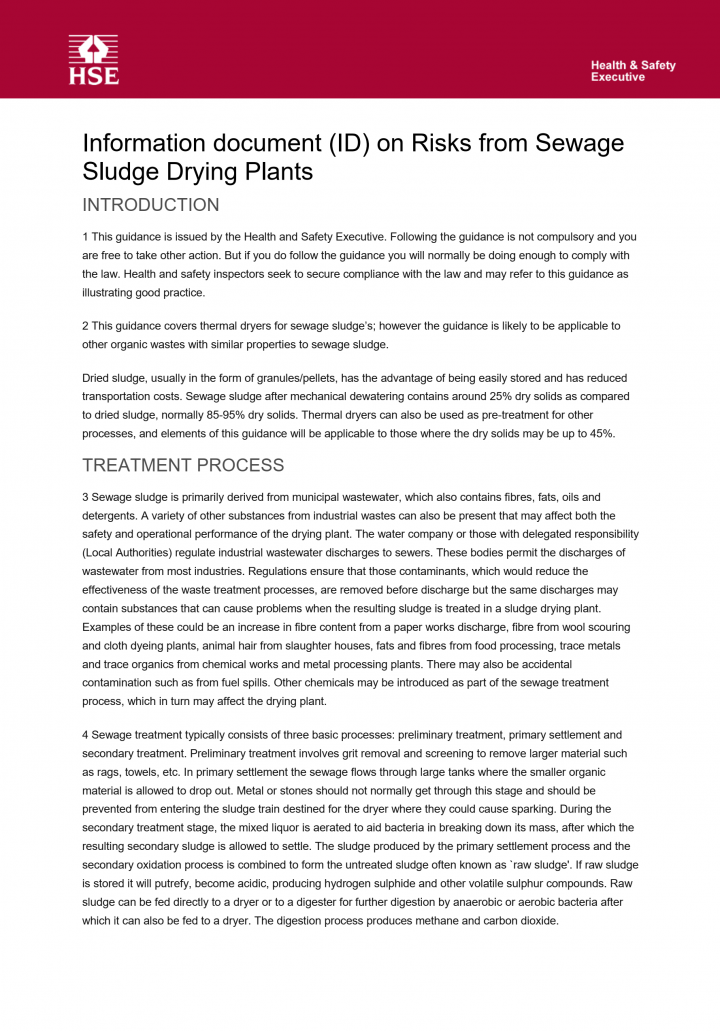CWIS-FSM Support Cell, DPHE (2022) SFD Lite Report - Magura Municipality, Bangladesh
Magura municipality, the district headquarter of Magura district is situated in Khulna Division, Bangladesh. It is located 146 km from the capital Dhaka. It is bounded by the Nabaganga River and it is well connected with road and water. It is one of the oldest towns in the sub-continent and was declared Municipality in 1972. It is one of the 53 district-level municipalites in the […]
CWIS-FSM Support Cell, DPHE (2022) SFD Lite Report - Sirajganj Municipality, Bangladesh
Sirajganj municipality is one of the oldest municipalities in the north-central region of Bangladesh, established in 1869, it is now recognized as a first-class municipality, consisting of 15 wards and 52 mohallas. It is lying on the west of the Jamuna River, about 141 km north-west of the capital city Dhaka. It was once considered a principal jute trade centre. In modern days, it is […]
ISO (2018) Systèmes d'assainissement non collectifs — Unités de traitement intégrées préfabriquées — Exigences de performance et de sécurité générales pour la conception et les essais
La présente Norme internationale a pour objectif de faciliter le développement de systèmes d'assainissement autonomes conçus pour répondre aux besoins essentiels en matière d'assainissement et de favoriser la durabilité économique, sociale et environnementale, grâce à des stratégies pouvant consister réduire à la consommation des ressources (par exemple, l'eau, l'énergie) et à convertir les déchets humains en produits sortants sûrs. Le concept de système d'assainissement non collectif […]
Urban Management Centre (UMC) (2015) Standard Operating Procedure (SOP) for Fecal Sludge Management for Municipalities in Gujarat
Urban Management Centre (UMC) (2020) Handbook for Sanitation Workers on use of Personal Protective Equipment
• You, as a sanitation worker, are exposed to occupational health and safety hazards. The work involves risk of coming in contact with hazardous biological and chemical agents • PPEs are a crucial barrier between you and disease-causing agents at the work site • It has been observed that the usage of PPEs is low. Fellow sanitation workers of yours have shared major reasons for this- wearing […]
David M. Robbins (2007) Septage Management Guide for Local Governments A step-by-step practical guide to developing effective septage management programs for cities and municipalities
The direct relationship between diseases such as cholera, hepatitis and dysentery and the unrestricted discharges of residential sewage is well documented. The septic tank is a simple device and when designed, installed, and operated properly, can serve as the first step in the sewage treatment process, which transforms human waste into a manageable effluent. Effluent can be further treated, reused or disposed of, thus breaking […]
National Water Supply and Sanitation Council (NWASC) (2018) Urban Onsite Sanitation and Faecal Sludge Management Framework for Provision and Regulation in Zambia
After decades promoting sanitation in low and middle-income countries, several countries and the global sanitation community have come to realise that it is time to rethink the approach to accelerating access to quality services. Since 2000, the WHO/UNICEF Joint Monitoring Programme of the Millennium Development Goals (MDGs) has consistently reported that the share of the population in low and middle-income countries that use pit latrines, […]
Ministry of Housing and Urban Affairs, Government of India (2021) Ensuring Safety of Sanitation Workers A Ready Reckoner for Urban Local Bodies
Sanitation workers have been the foundation of the sanitation improvement story of urban India. Sanitation sector and various services provided under it are hazardous in nature — some are moderately hazardous while many of them are extremely hazardous. The working environment puts sanitation workers to a wide range of health risks and diseases due to exposure to harmful pathogens, chemicals and sharp objects. Consequently, there […]
Working Committee formed by the Local Government Division, Ministry of Local Government, Rural Development and Co-operatives (2017) Institutional and Regulatory Framework for Faecal Sludge Management (IRF-FSM)
In Bangladesh, on-site sanitation is prevalent throughout the country except for a small portion in Dhaka city, and the huge quantity of faecal sludge generated in septic tanks and pits (of pit/ pour-flush latrines) is inaptly managed. Lack of Faecal Sludge Management (FSM) services is causing severe environmental pollution, particularly in urban areas, affecting both public health and economy. Apart from Dhaka North and Dhaka […]
Kampala Capital City Authority (2020) Sewerage and FSM Ordinance
Government of Odisha Housing and Urban Development Department (0) Scheme for Safety and Dignity of Core Sanitation Workers
This Scheme is introduced to ensure that core sanitation services undertaken in urban areas of Odisha is done in a safe and dignified manner and shall come into force from the date of its notification and continue until further orders The Scheme will be implemented by the Housing & Urban Development Department through the 114 Urban Local Bodies of Odisha.
Govt. of Bihar (2018) Guidelines for Faecal Sludge and Septage Management in Bihar
According to Census 2011, Bihar reported 11.67 million urban population i.e. 11.25% of total population of state, dwelling in 199 urban centers (which accounts 3.14% of total urban population of country). The state has 143 statutory towns and 56 census towns. The state has 143 urban local bodies(ULBs) including 12 Municipal Corporation (Nagar Nigam), 46 Nagar Palika Parishad and 85 Nagar Panchayat. State ULBs with […]
Central Public Health and Environmental Engineering Organisation (CPHEEO) (2020) Guidance Document on Equipment & Workforce Norms for Managing Waterborne Sanitation in India
This Guidance Document on Equipment & Workforce Norms for Managing Waterborne Sanitation in India is prepared keeping in view the Safai-mitra Suraksha Challenge, 2021. All sanitary structures like sewer and septic tanks which manage sewage are susceptible to getting choked at some point of time due to ingress and settling of solids and require regular cleaning or maintenance. Cleaning of sewer and septic tank sometimes require […]
Central Public Health and Environmental Engineering Organisation (CPHEEO) (2020) Advisory on On-Site and Off-Site Sewage Management Practices
The fast pace of urbanization – primarily due to the quest for good quality education, healthcare facilities, job opportunities, rapid changes in lifestyle and growing aspirations in urban areas– coupled with spurt in economic activities has compounded the sanitation challenges in urban areas, as creation of sanitation infrastructure could not keep pace with urbanization. India is signatory to SDGs requiring sustainable sanitation for all by […]
Government of India Ministry of Urban Development (2017) National Policy on Faecal Sludge and Septage Management (FSSM)
According to Census 2011, India’s urban population is 377 million or 31% of the total population, which is expected to increase to 600 million by 2031. The Census 2011 also showed that in 4,041 statutory towns, 7.90 million households (HHs) do not have access to toilets and defecate in the opena1. Under the Swachh Bharat Mission (SBM), it is envisaged that nearly 80% of these […]
(2013) The Prohibition of Employment as Manual Scavengers and Their Rehabilitation Act, 2013
An Act to provide for the prohibition of employment as manual scavengers, rehabilitation of manual scavengers and their families, and for matters connected therewith or incidental thereto.
CWAS (2020) Improving Safety of Sanitation Workers in Wai Municipal Council
In 2018, Wai was chosen as one of the eight cities across the globe for the City Wide Inclusive Sanitation Program (CWIS) funded by Bill & Melinda Gates Foundation (BMGF). The municipal council of Wai (WMC) with support from Center of Water and Sanitation (CWAS), CRDF, CEPT University (CEPT) is aiming to implement the CWIS goals and principles in Wai. Under the CWIS framework, one of the […]
Nikiema, J; Impraim, R; Cofie, O; Nartey, E; Jayathilake, N; Thiel, F; Drechsel, P (2020) Training Manual for Fecal Sludge-based Compost Production and Application
Fecal sludge (FS) from on-site sanitation systems has to be well composted to reduce its pathogenic risk for reuse in agriculture, forestry or landscaping. Over the last decade, the International Water Management Institute (IWMI) has explored the use of FS in combination with other organic waste sources to optimize the FS treatment and composting or co-composting process for the production of a safe organic fertilizer, […]
HSE (0) Information document (ID) on Risks from Sewage Sludge Drying Plants
1 This guidance is issued by the Health and Safety Executive. Following the guidance is not compulsory and you are free to take other action. But if you do follow the guidance you will normally be doing enough to comply with the law. Health and safety inspectors seek to secure compliance with the law and may refer to this guidance as illustrating good practice. 2 This guidance covers thermal […]
